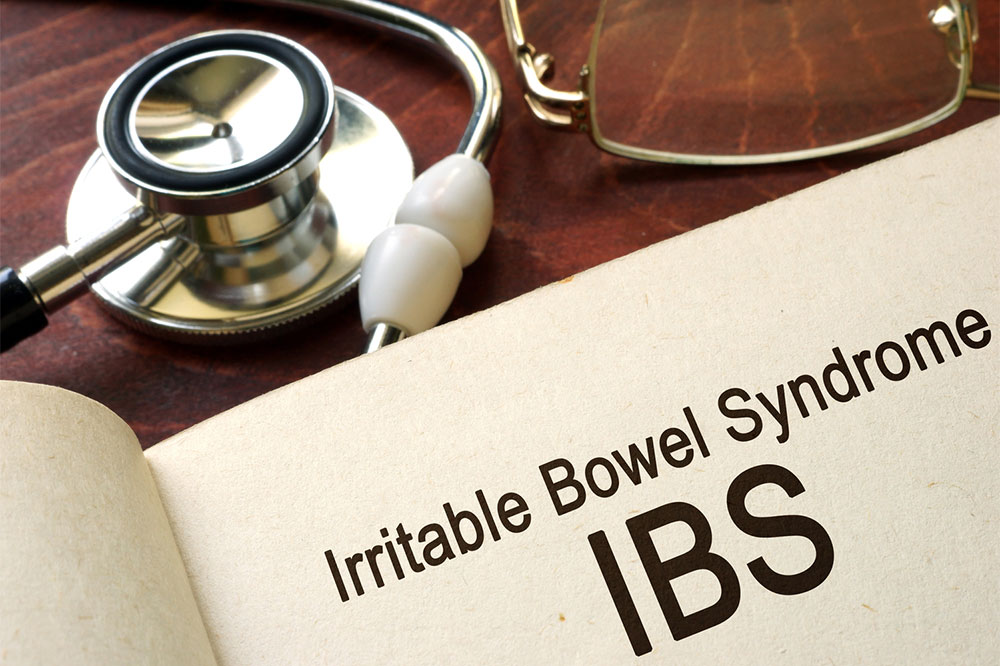Comprehensive Guide to Cystic Fibrosis: Causes, Symptoms, and Long-Term Risks
This comprehensive article provides an in-depth overview of cystic fibrosis, covering its causes, symptoms, risk factors, and potential complications. It highlights the importance of early detection and modern treatment options to manage this hereditary disease effectively, improving patient outcomes and quality of life.

Comprehensive Guide to Cystic Fibrosis: Causes, Symptoms, and Long-Term Risks
In-Depth Overview of Cystic Fibrosis
Cystic fibrosis (CF) is a complex, hereditary health disorder that predominantly impacts the respiratory and digestive systems. It is caused by genetic mutations that disrupt the normal production and consistency of mucus, sweat, and digestive fluids. Rather than being thin and slippery, these secretions become abnormally thick and sticky, which leads to blockages within small and large ducts in vital organs. Consequently, this impairs organ function and causes a cascade of health issues that can severely affect quality of life if not detected early. This extensive guide aims to shed light on the causes of cystic fibrosis, recognize its symptoms, identify those at higher risk, and understand potential complications, empowering patients and their families with crucial knowledge for early intervention and effective management.
Explore detailed information about common signs, underlying causes, and at-risk populations affected by cystic fibrosis.
Primary Respiratory Manifestations of Cystic Fibrosis
The hallmark of cystic fibrosis in the lungs is the production of abnormally thick mucus, which causes significant airway obstruction. This blockage leads to a variety of respiratory symptoms, often several of which occur simultaneously, including:
Persistent and productive coughing that may produce thick sputum
Wheezing and squeaky breathing sounds
Shortness of breath and difficulty breathing during physical activities
Reduced exercise tolerance
Frequent respiratory infections such as pneumonia or bronchitis
Stuffy or inflamed nasal passages, sometimes leading to nasal polyps
These respiratory challenges result from mucus buildup that traps pathogens and debris, creating an environment conducive to chronic infections and progressive lung damage if untreated.
Digestive System Impact and Symptoms in Cystic Fibrosis
Besides respiratory issues, cystic fibrosis severely affects the digestive tract. The thick mucus can block pancreatic ducts, hindering digestive enzyme flow essential for nutrient breakdown. This leads to several symptoms and complications such as:
Greasy, foul-smelling, and bulky stools indicative of malabsorption
Delayed physical growth and weight gain, especially in children
Intestinal blockages, such as meconium ileus in newborns, and similar issues in adults
Persistent severe constipation that resists standard treatments
Children with CF often exhibit a distended abdomen due to increased strain during defecation, highlighting the urgency for timely medical intervention to prevent long-term nutritional deficiencies and growth delays.Underlying Causes of Cystic Fibrosis
The root cause of cystic fibrosis is genetic mutations inherited from parents.
Specific mutations affect the CFTR gene, responsible for controlling salt and water movement across cell membranes.
The extent of the mutation influences the severity of symptoms and disease progression.
Genetic testing and carrier screening have become essential tools for early diagnosis, especially in families with known history, allowing for better management strategies and informed reproductive choices.
Who Is at Increased Risk?
Individuals with a family history or carriers of the CFTR gene are at higher risk of developing cystic fibrosis or passing it to their offspring.
While CF affects people across all races and ethnicities, it is most commonly observed among Northern Europeans, particularly those of Nordic descent.
Understanding genetic predispositions helps in early detection and intervention, significantly improving the prognosis and life expectancy for patients.
Potential Complications and Associated Health Risks
In the digestive system: airway damage, chronic lung infections, nasal polyps, gastrointestinal bleeding, pneumothorax, and respiratory failure
In the respiratory system: malnutrition due to nutrient malabsorption, development of diabetes, bile duct blockages, and recurrent intestinal obstructions
Early diagnosis, routine monitoring, and personalized treatment plans are crucial for managing cystic fibrosis effectively, reducing the risk of life-threatening complications. Advances in medical technology and therapeutic approaches continue to enhance the quality of life for individuals living with CF, emphasizing the importance of comprehensive care.In summary, cystic fibrosis is a multifaceted genetic disorder with significant implications for respiratory and digestive health. Recognizing its symptoms early, understanding its causes, and knowing who is at risk can lead to prompt diagnosis and better disease management, ultimately extending lifespan and improving wellbeing. Continued research and innovation in treatment options hold hope for more effective therapies in the future.





